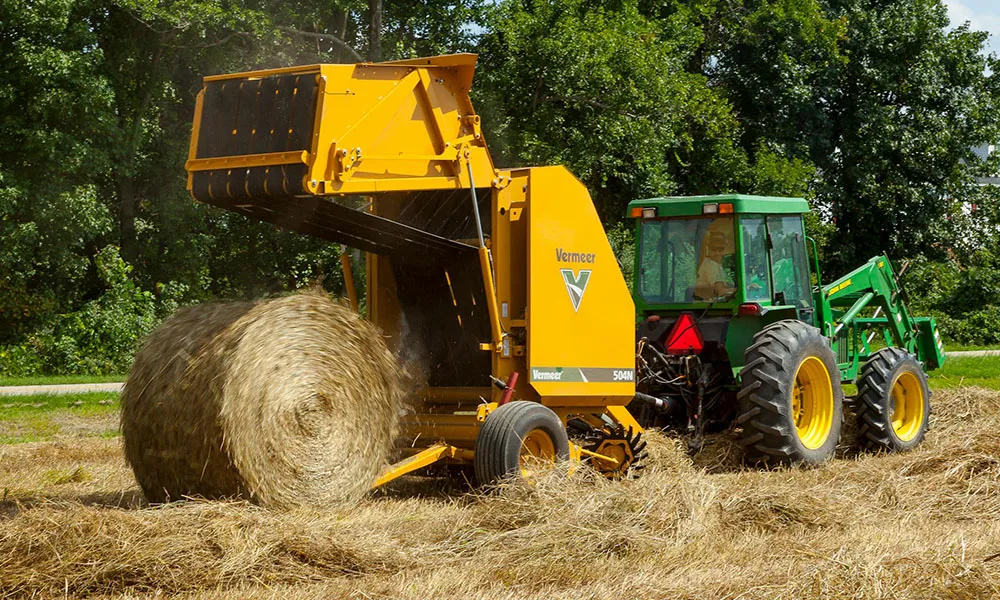It's that time of year again. The state examinations are underway and the summer holidays are on the horizon. The weeks ahead will be a busy time on farms up and down the country. With so much to be done and only a short window of opportunity in which to get it done, it is easy to neglect essential farm safety measures.
However, it is imperative on all of us to ensure that this does not happen. Farming is an inherently dangerous occupation, exposing its practitioners and those around them to a range of hazards on a daily basis. For this exact reason, we are duty-bound to do everything we can to see ourselves and our families and friends safely through the months of summer farm work.
Making a plan
Creation of a detailed and considered safety plan for your farm is essential to protecting everyone who works there. Impatience and time pressures are significant causes of farm accidents, so any good plan should include an achievable work schedule for the weeks ahead. Keeping to this schedule, insofar as possible, should help you avoid rushing and, by extension, making poor decisions under pressure.
In particular, you should schedule dates for essential tasks like shearing, spreading and cutting for silage/hay. If you are planning to take a holiday over the summer months, schedule it for a time when you can expect to have all urgent work seen to.
Aside from making a clear plan accounting for all key farming tasks, farmers should also review their Farm Safety Code of Practice Risk Assessment (available from your local Teagasc office). You should make sure that this document is up-to-date and reflective of conditions on your farm.
Farm machinery
Roughly half of serious farmyard accidents are caused by tractors, quads and other farm machinery. Therefore, you should always be alert to danger when using these machines. Negligence could prove fatal, so do not operate machines if you are not fully focussed on the task at hand. Be particularly careful around unguarded parts of the machine and do not remove essential guards (particularly on the PTO shaft).
You can also mitigate the risk of accidents by regularly servicing all farm machinery and making sure that they are in good working order.
Ensuring child safety
It is hard to overstate the importance of extreme caution where children are present on the farm. Young children should never be allowed close to working machinery or large animals. Where the family home is located on the farm, always make sure that there is a secure and fully enclosed space, a good distance from the farmyard, for children to play in safely. When children are permitted to enter the farmyard, ensure that they are accompanied by an adult and wearing high visibility clothing. Make sure that children are aware of the dangers of farm machinery and large animals, and understand that they cannot play close to either of these.
Never start any machine in a field where children are playing. When baling, do not allow children to play on (or next to) bales, or in the general vicinity of working machinery.
Tractor driving - legal requirements
Again, farmers need to be aware of the law regarding tractor-driving. In the heat of the summer-time rush, it is often tempting to allow younger teenagers to help out by driving tractors. However, this is potentially illegal and extremely dangerous. Tractors and other work vehicles are classified as category W vehicles. In order to apply for a learner permit to drive a tractor, you must be at least 16 years of age. This means that anyone under 16 cannot legally drive a tractor. Even if your child is over 16 and has a provisional licence, you should not allow an inexperienced driver to operate the machine unsupervised.
In addition, always encourage children to practice good hygiene on the farm. Make sure that they wash their hands after they have been working/playing on the farm, and advise them of the risks of spreading germs/infection through poor hygiene.


